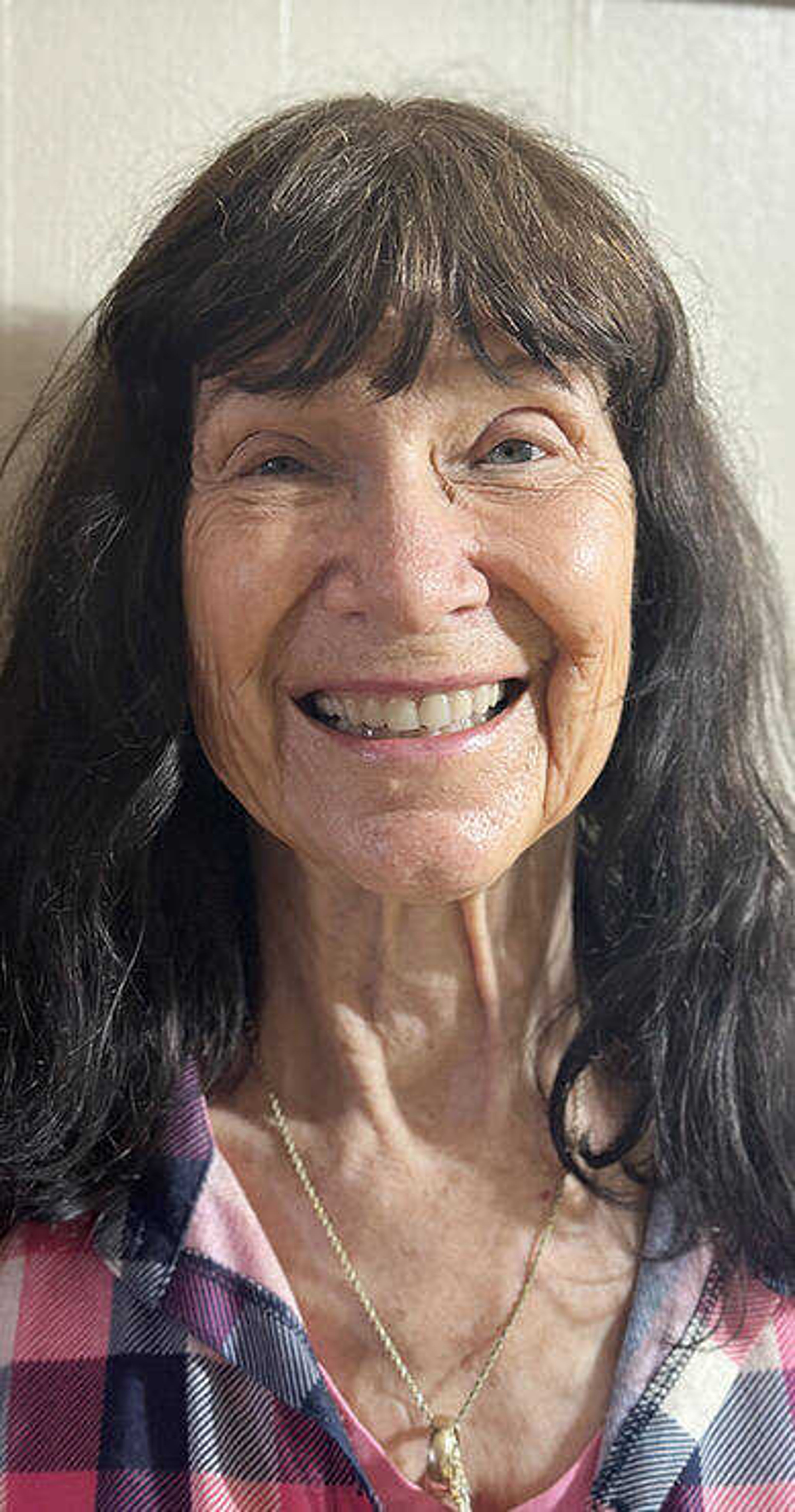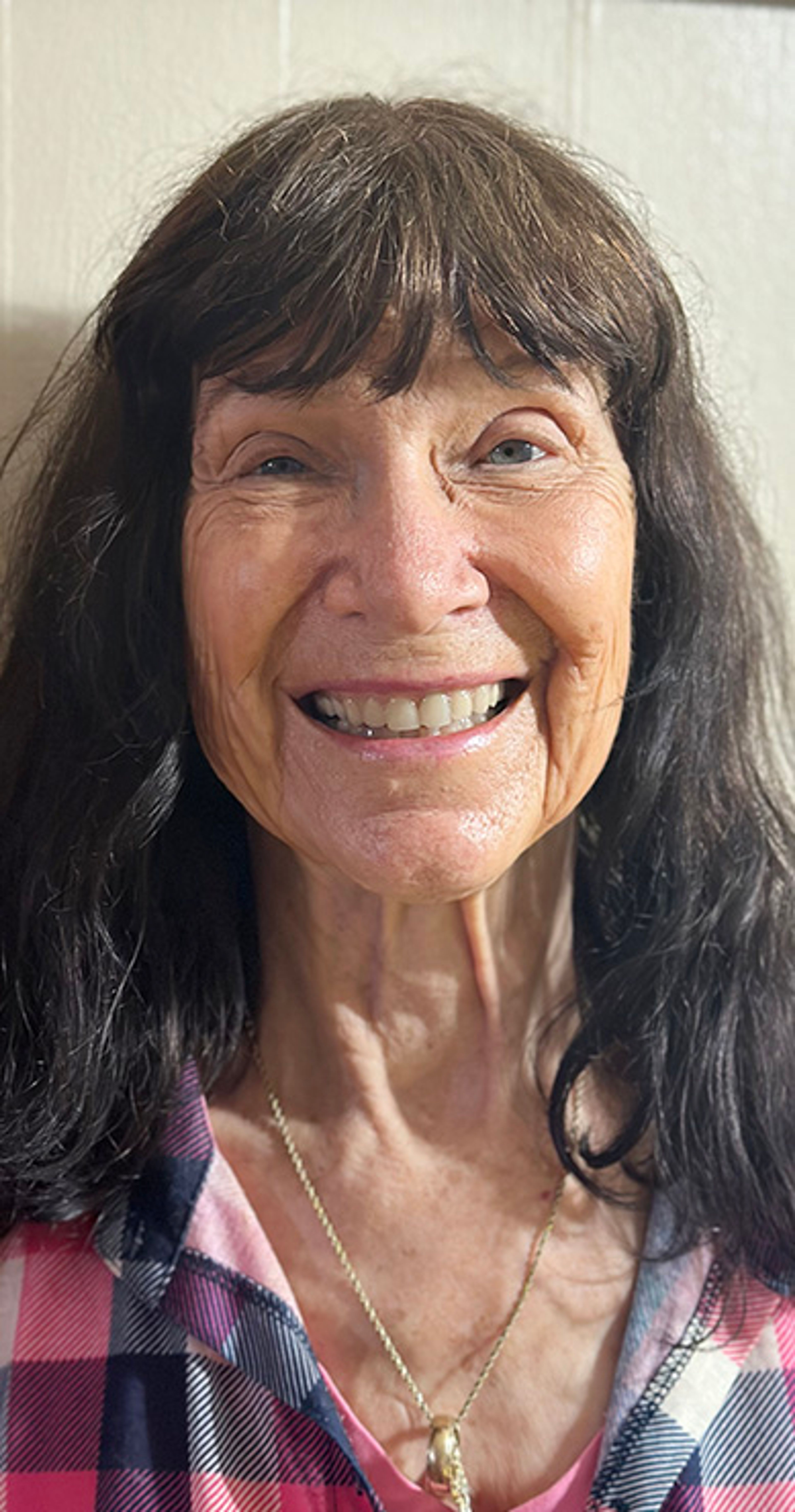Shuck: Living vicariously: Good or bad?
Is living vicariously through others beneficial or harmful? Explore the nuances of this habit and its impact on our lives, with insights from psychology and spirituality expert Ellen Shuck.
What is living vicariously and are you guilty of the habit?
Living vicariously is the act of living through the experiences of others. The word crept into my mind recently, although I have been aware of the word, and of its meaning, for years. I think most people have lived through what is happening in the lives of others without realizing it. The crux is to ask ourselves if we are gaining from it or is it a danger to us. Why do we do it? Knowing why we assume the identity of living other people’s lives, successes and failures is a valuable truth to know.
The subject can be a mystery that remains hidden within our minds. I have an elderly relative who lives alone. I make it a point to call her every day and she looks forward to hearing what I have done. She also wants to know what my plans consist of tomorrow. Maxine seems disappointed when I fail to call her, or when I have nothing new or exciting to report to her. Sometimes, she’s upset when what’s happening in my life hasn’t turned out the way she would like.
After scrutinizing her reactions and involvement with what’s going on with me and other relatives, I realized that Maxine is living vicariously through others. She has few alternate outlets of which she can indulge herself. Fortunately, her granddaughter, Joy, comes over occasionally to visit her. Maxine loves the time with the girl, but she becomes overly frustrated when Joy has little to say, or no news to share. Maxine’s interactions with others are the mainstay of her life. Now that I realize the importance of my conversations with Maxine, I feel even more compelled to call her. I try to think of something in my day of which she can relate. It can be as simple as telling her that I went to book club, to the store or I talk about what’s going on with my children. Maxine is getting to the point where she can scarcely walk, so her activity level is limited. She enjoys seeing pictures of my children and grandchildren and she waits to hear the news about them.
One could say that Maxine is a nosey old woman, but I know better. Since she can’t perform on her own anymore, she derives her pleasures and reasons for living, from keeping up with the activities of others. Without them, she is lonely and she feels disconnected. To live through the lives of others can be a positive solution when one has no other avenue in which to engage in life.
To live vicariously does not mean the same as to support someone in their dreams, their aspirations and their successes. To support people means to cheer for, to encourage and help them attain their goals and desires.
We can live vicariously, simply by watching a movie and immersing ourselves in the story as a participant. We can be living vicariously without recognizing that our life is on hold because we are so intent on thinking about, and putting ourselves in the environment of, another person or thing. We can be passive while the other performs the action. Parents often fulfill that role. Sometimes we live within the aspirations of the child, and we become so entrenched inside the dream of the child that we often push the offspring to attain the goals of ours or someone else’s, rather than the one of the child. The parents or other persons are living their lives through that of the youth.
Other negatives of living vicariously are when we live excessively through social media, movies, books and the successes of others. We need to rejoice in the attributes and winnings of others as long as we remember to look in our mirror, at our reality.
Living vicariously can be positive or negative. We just should examine which, what or whom are we living through? We all live vicariously through something or someone, sometimes. What or whom are we living through? Hopefully it is God “As Christians, we are to live our lives through Jesus. He is our substitute.” (journeyintogod.wordpress.com)!
Ellen Shuck holds degrees in psychology, religious education and spiritual direction. She is the author of the book, “Wisdom for the Journey.”
Connect with the Southeast Missourian Newsroom:
For corrections to this story or other insights for the editor, click here. To submit a letter to the editor, click here. To learn about the Southeast Missourian’s AI Policy, click here.












